If, as seems almost certain, the explosion that brought down a Russian passenger jet over Egypt’s Sinai peninsula was caused by a bomb, the finding will also announce the arrival of the likeliest culprit, ISIS, as the world’s first all-purpose terror organization.
Bringing down a civilian airliner is a marquee achievement, the signature attack of the terrorism age, amplified exponentially by the role civil aviation plays in the world today, a webbing of transport and travel that involves 100,000 flights a day, every one of which relies upon suspending the innate fear that rises every time wheels lift off tarmac. It’s also exactly what al-Qaeda has been trying and failing to do again since Sept. 11, and so gives ISIS yet another leg up on Osama bin Laden’s old gang.
But what makes ISIS the world’s first omnibus terrorist group are its less spectacular achievements, slowly accumulating around the globe. The group appears to be operating on levels that no previous extremist organization has even attempted — simultaneously as a military force, a political movement and apparently now, with the deaths of 224 people aboard Metrojet Flight 9268, a true terrorist group capable of eluding the security measures that have inconvenienced every air traveler since 9/11.
The military piece clearly remains the group’s primary preoccupation, and for good reason. Actually holding territory, the great swath of Iraq and Syria it declared a Caliphate, is what first differentiated the Islamic State of Iraq and Greater Syria, also known as ISIL and just the Islamic State, from other groups. It also animated the group’s growing following. ISIS’s priority appears to remain on retaining that physical turf. When volunteers in Western countries say they are prepared to do whatever the Islamic State wants — launch an attack where they are, or hop a flight toward Syria — they are generally directed to the join the fight in the Middle East. And when attacks go forward, they have been the thrashing, lone-wolf efforts that, in America at least, fade into the background noise of ongoing domestic gun violence. (The Sinai bomb likely originated not with ISIS command and control in Syria but with the quasi-independent jihadists who have operated for years in the largely lawless Sinai, but now pledge fealty to the Islamic State.)
At the same time, ISIS has also taken a beat from a lesser known Islamist group, Hizb-ut-Tahrir, or Party of Liberation. Hizb has been around for decades — and has always been careful to refrain from even advocating violence. It is a political, even bookish group, but one that in Muslim countries operates largely underground, because what it advocates is replacing secular governments with a system of Islamic rule that it has spent years refining through a curriculum that hundreds of thousands of mainstream Muslims have encountered, either in discussion groups or pamphlets.
Hizb’s utopian vision of a Caliphate is far removed from the bloody theology of ISIS — except for how it is supposed to come into being: by coup. Hizb advocates secretly positioning followers in crucial positions throughout a secular state, then, when the time is ripe, simply seizing power. It hasn’t actually happened anywhere perhaps. In fact, during the entire 63 years the group has existed, only three apparent attempts at such a conspiracy were even reported, and all foiled, in Syria, Jordan and, most recently, in 1974 Egypt.
In the past three months, however, ISIS has inspired at least two attempted coups: On Aug. 2, the United Arab Emirates announced that 41 people would go on trial for “trying to seize power and establish a Caliphate.” The Emirates group was described only broadly as “takfiri,” or extremists based on intolerance of the ISIS brand. Then on Oct. 28, Ethiopia arrested an ISIS cell allegedly planning to declare a Caliphate in that country. In Sinai, extremists have declared the peninsula a “province” of the Islamic State. Meanwhile, in the central Asian nation of Tajikistan, the commander of the government’s special forces in May turned up in an ISIS video — not being beheaded, but as a fighter. Trained by the U.S., he’d turned.
ISIS is the thing bin Laden’s al-Qaeda never managed to become: a true movement. It inspires volunteers. The source of that inspiration likely depends on the individual. The group’s apocalyptic, end-times theology may convince some. Many others may hark to the group’s dynamism — it’s actually fighting and holding ground, not drifting, as many Muslims say their global community has been since the last acknowledged Caliphate was destroyed, along with the Ottoman Empire that maintained it, at the close of World War I. When he established his Caliphate in June 2014, ISIS leader Abu Bakr al-Baghdadi’s call to arms appealed to that sense of aggrievement that has bedeviled Muslim politics since: “So rush O Muslims and gather around your khalifa [caliphate], so that you may return as you once were for ages, kings of the earth and knights of war. Come so that you may be honored and esteemed, living as masters with dignity.”
It’s hard to know in what breast those words will swell. But investigators are looking closely at the people who worked at Sharm al-Sheik airport, which like all of Egypt’s official facilities at least appears to be buttoned-up (though several have been penetrated, and senior officials targeted, from the 1981 assassination of President Anwar Sadat to the June killing of the country’s top prosecutor). The luxurious resort complex the airport serves is like an armed camp, fortified against the terrorist bombings of a decade ago. But both must be staffed. And of the thousands of Egyptians who work in Sharm, some are from the tribes of Sinai, a stepchild of mainland Egypt where resentment against Cairo is commonplace. Others are migrant workers from Cairo and the Nile Valley, where sympathy for Sunni extremism may be no less likely, especially in the wake of the crackdown on all brands of political Islam by the government of former general and now President Abdul Fattah al-Sisi.
Throw in Russia, which began bombing ISIS targets in Syria just last month and is allied with the hated regime of Syrian President Bashar Assad, and a passenger jet headed to Moscow begins to look like a very good way to send a message. Up to now, the leadership of ISIS has shown little interest in this particular brand of terrorism. The global, still-unfolding impact of the Sinai bombing may prompt them to reconsider. If they do, the world will have much more reason to worry.
See How Tourists Have Deserted the Sinai Region
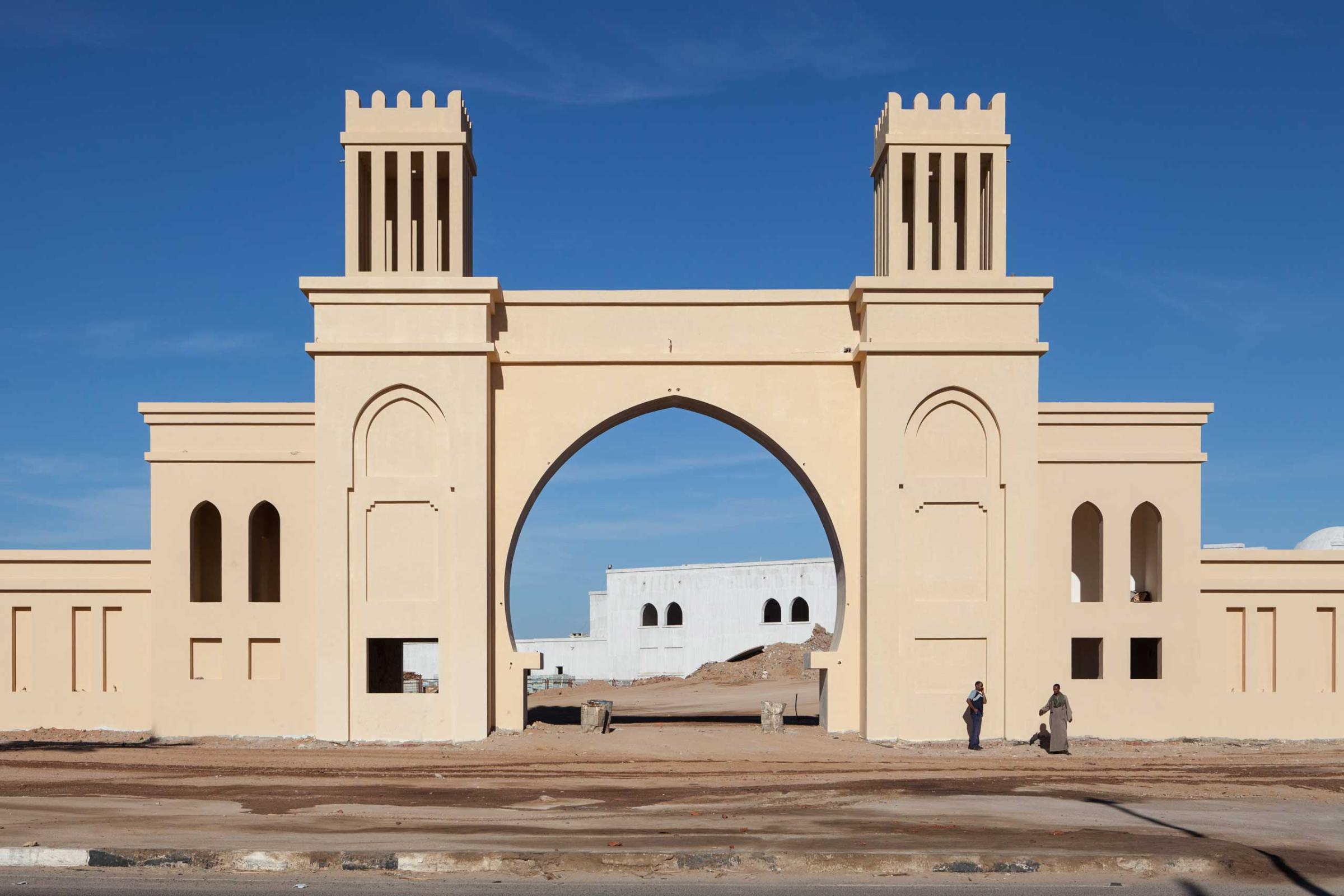

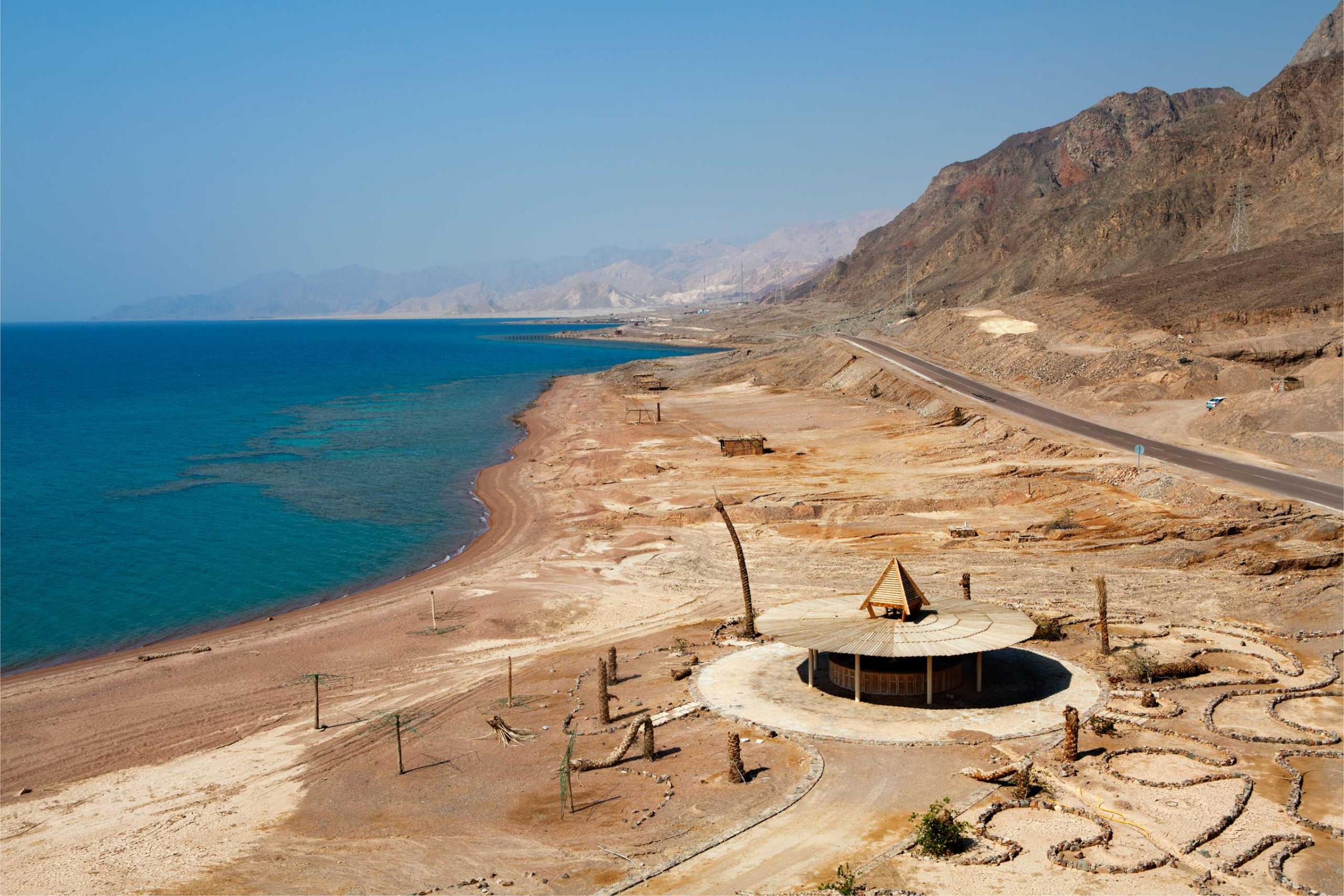
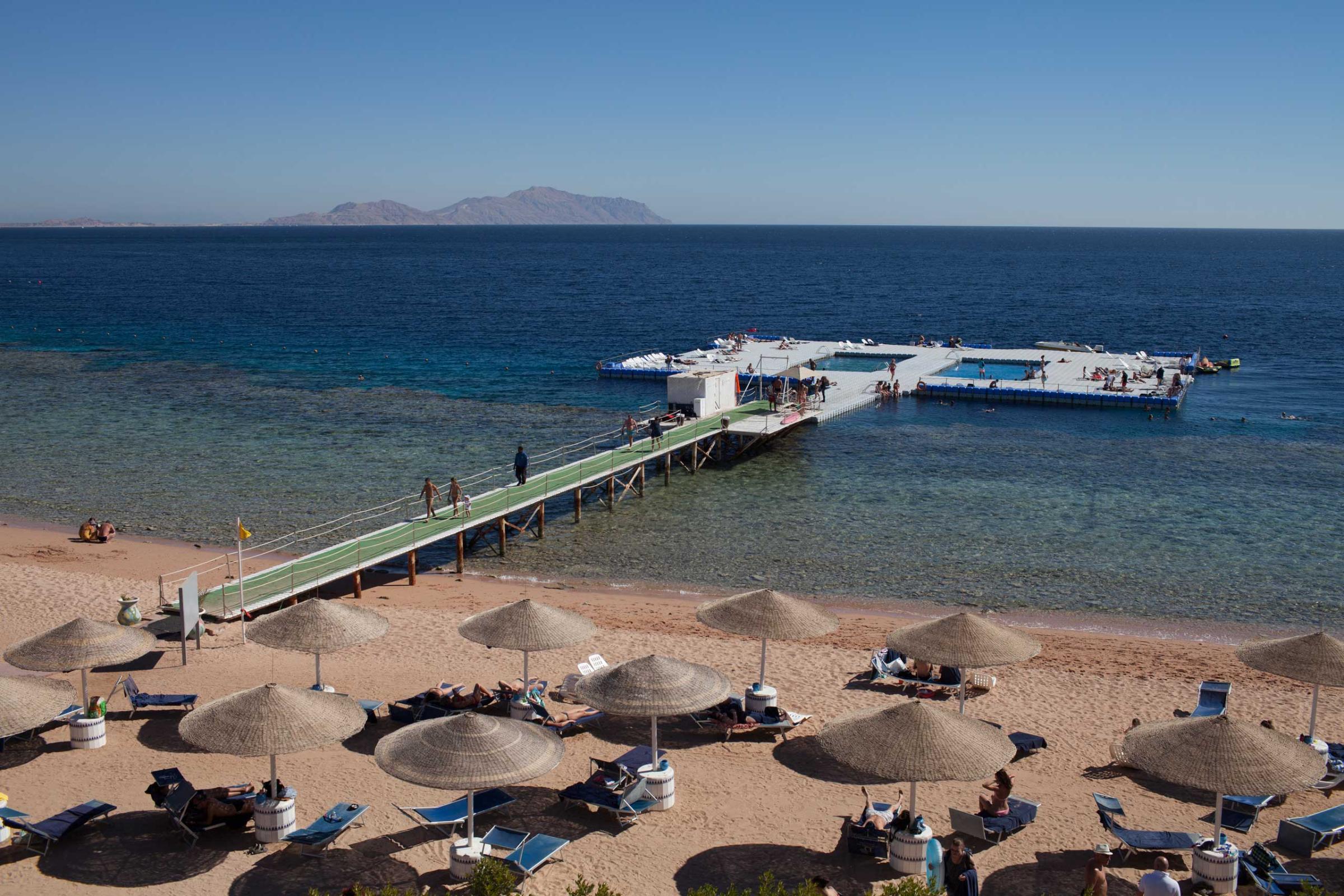





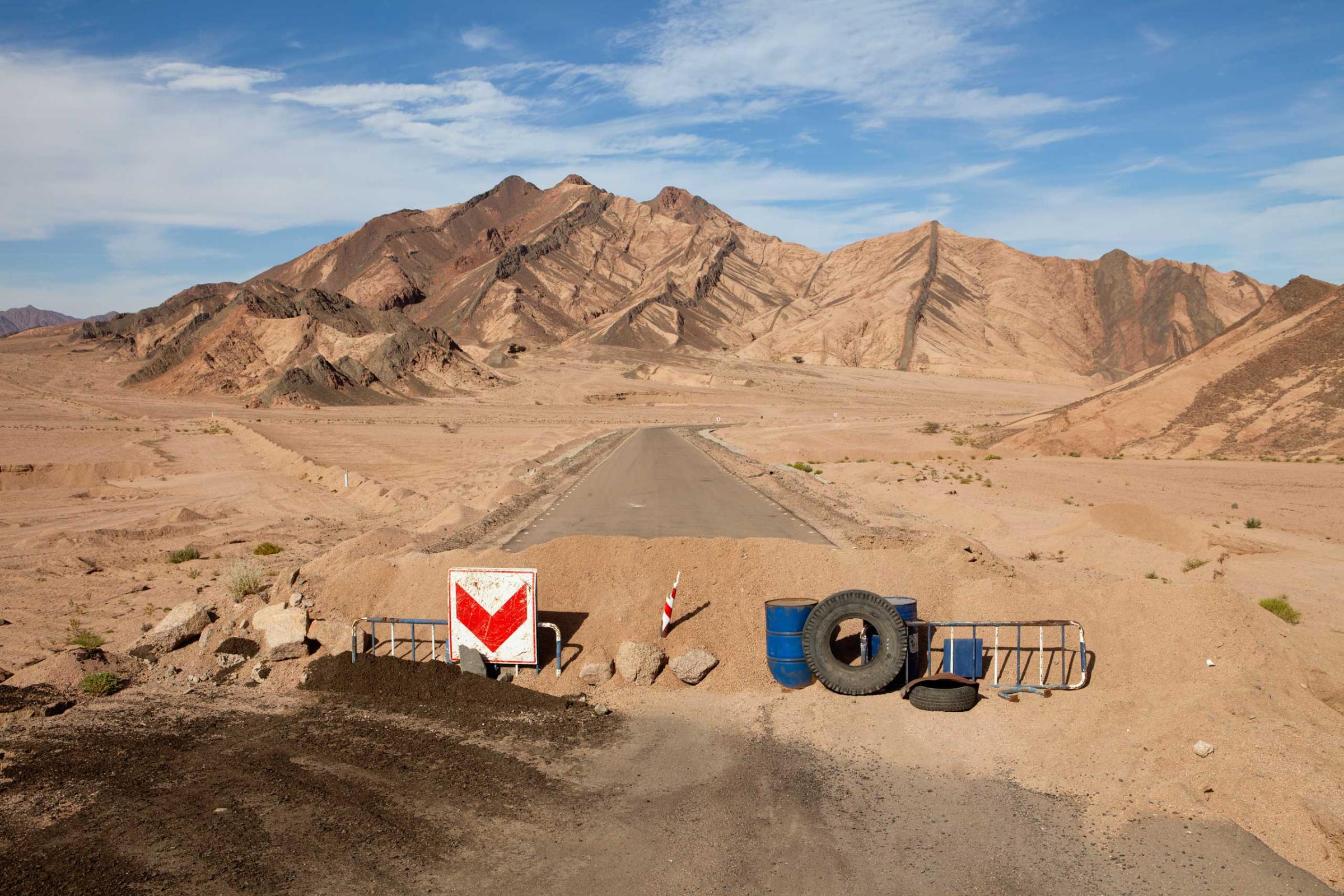
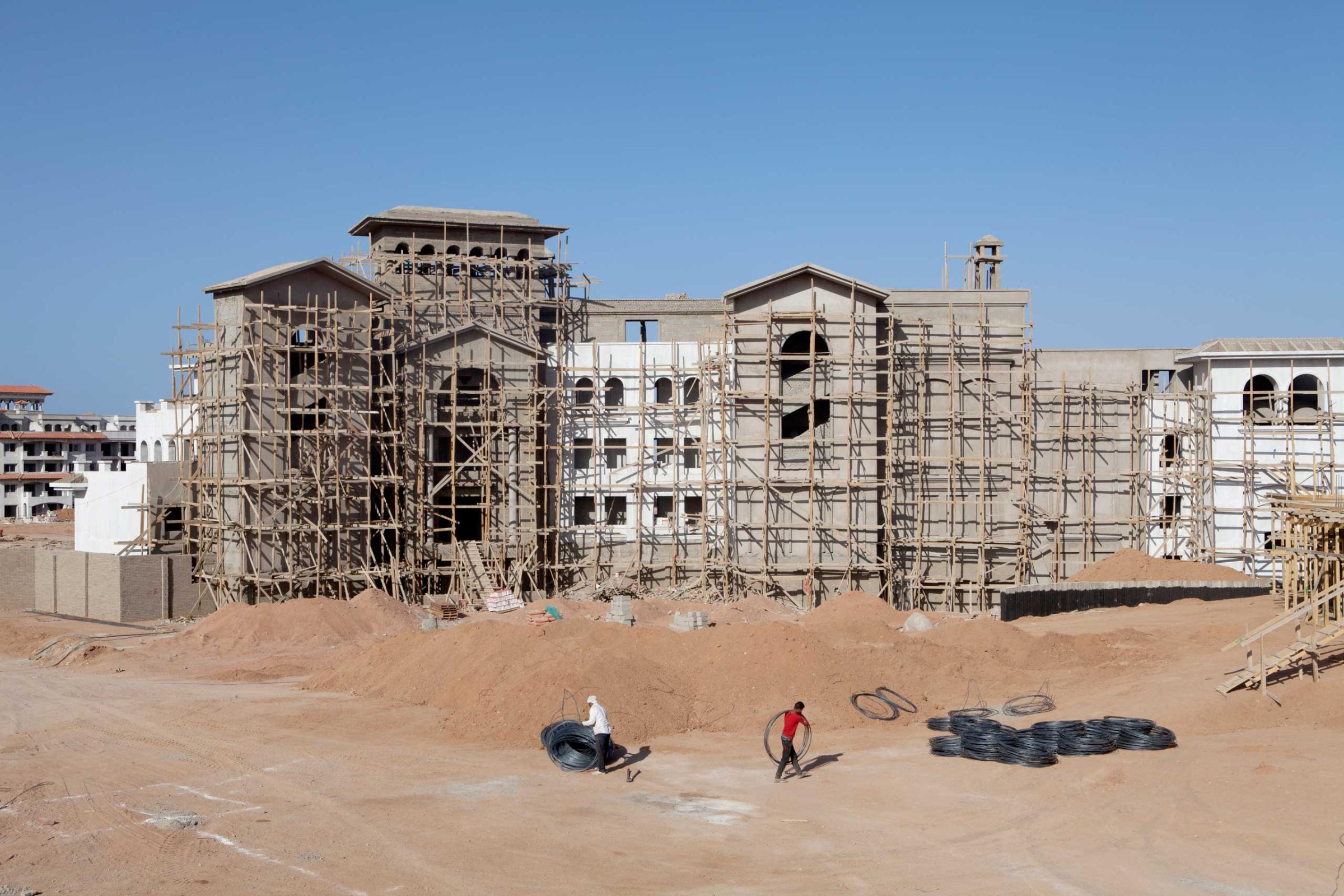

More Must-Reads from TIME
- Donald Trump Is TIME's 2024 Person of the Year
- Why We Chose Trump as Person of the Year
- Is Intermittent Fasting Good or Bad for You?
- The 100 Must-Read Books of 2024
- The 20 Best Christmas TV Episodes
- Column: If Optimism Feels Ridiculous Now, Try Hope
- The Future of Climate Action Is Trade Policy
- Merle Bombardieri Is Helping People Make the Baby Decision
Contact us at letters@time.com